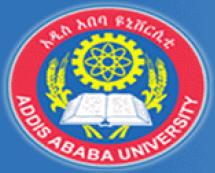Life Skills in Non-Formal Contexts for Adolescent Girls in Developing Countries
How can young women in developing countries best be prepared for success in their lives and livelihoods? Life preparation requires learning different types of knowledge and skills in formal, non-formal, and informal learning contexts. Since the advent of Education for All, the international community has recognized that in addition to academic knowledge like basic literacy and math skills, young people need to learn so-called “life skills”. Life skills are the psychosocial skills required for full and meaningful participation in society and to manage a variety of social and environmental risks. This project examines the broad spectrum of life skills that young women in particular require, and how non-formal education contexts can best deliver these skills in three countries: Ethiopia, Lebanon, and Tanzania.











